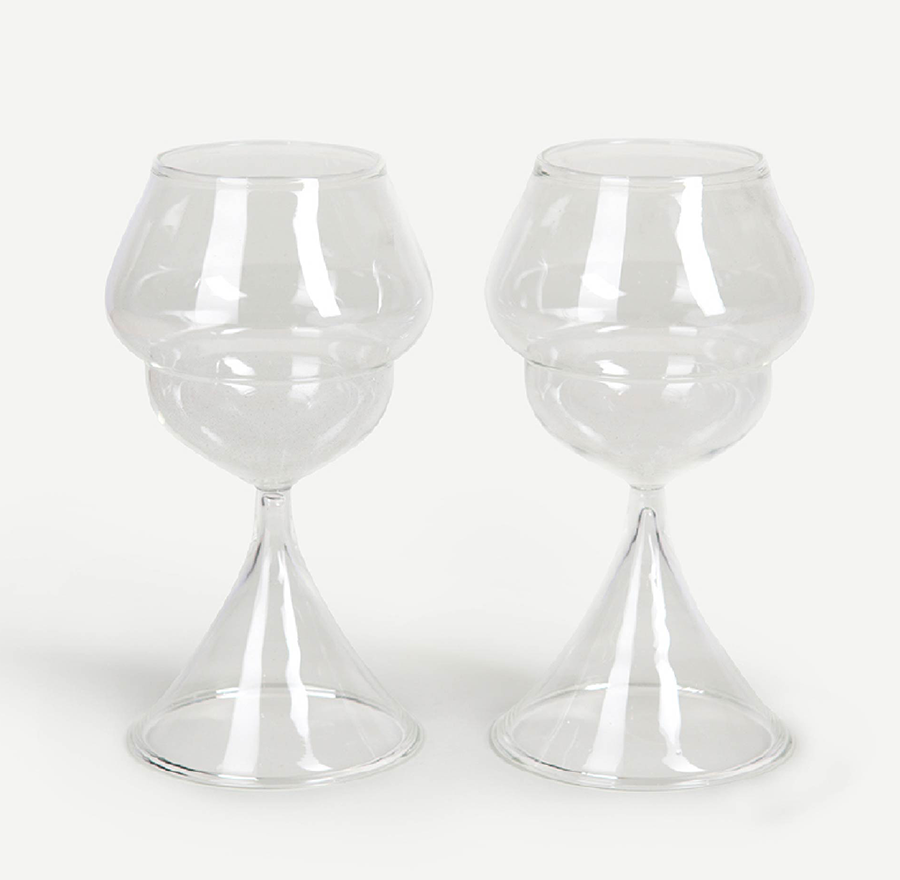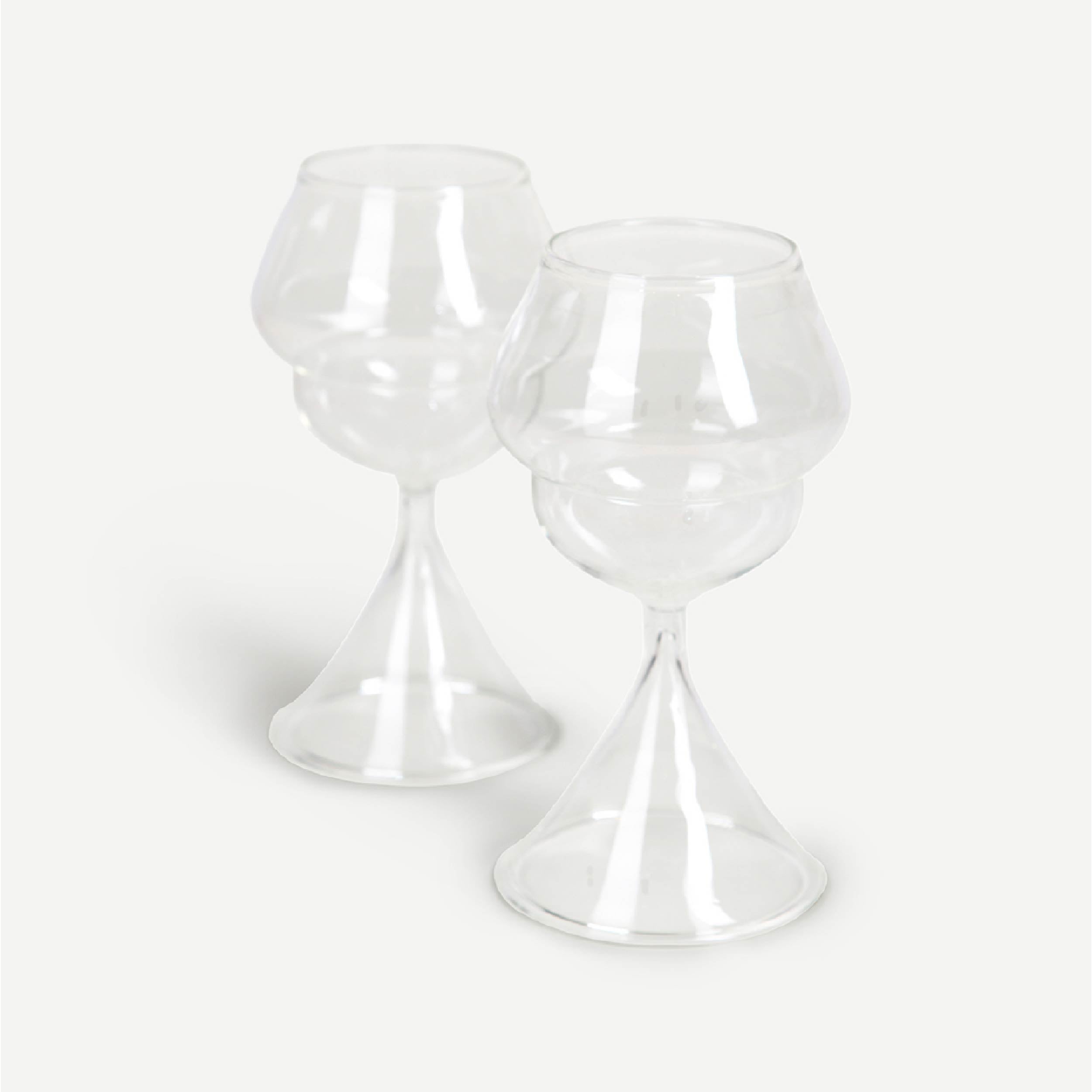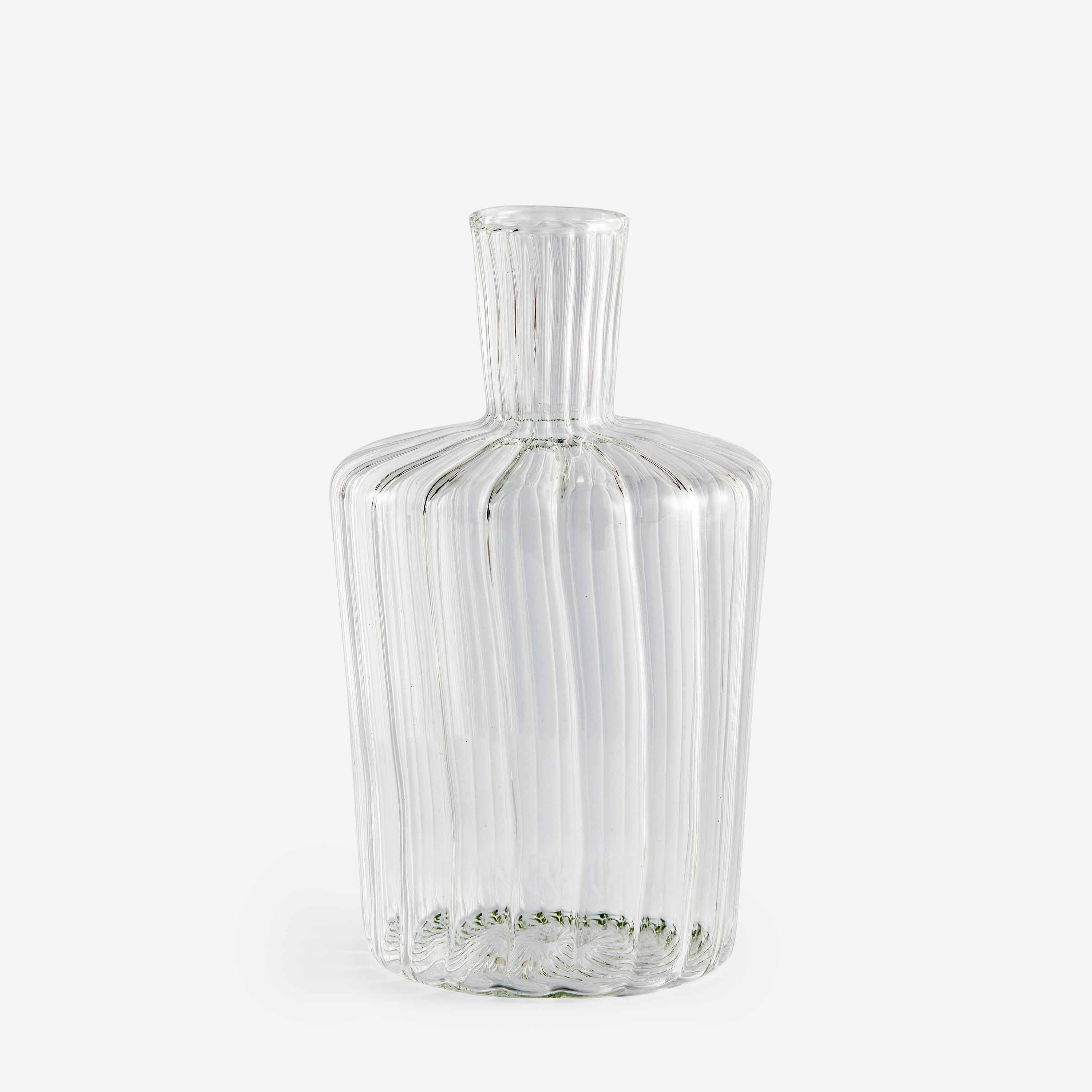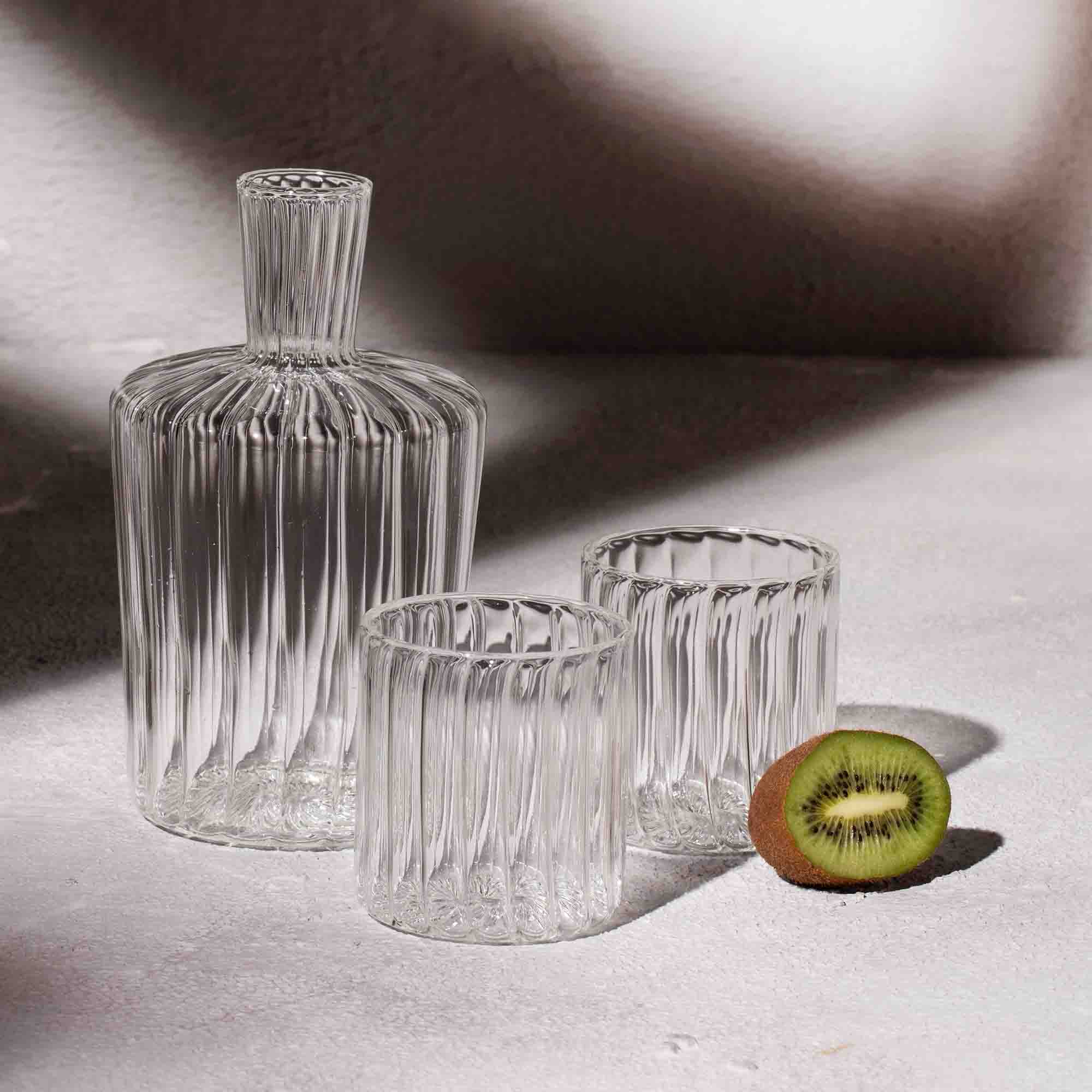SHIROI PLANTER
An intriguing piece, to complement your home decor
Note: This product is make to order.
![]() Only 1 Left
Only 1 Left
An intriguing piece, to complement your home decor
Note: This product is make to order.
Craft Type: Kutch Clay
A craft inspired by a ubiquitous yellow vessel found in Indian kitchens, colloquially known as the Barni, Jaddi, Kola Jaadi, Bharnai or Jaadeelu. Our artist from Auroville has used her fond memories of watching a wise matriarch carefully store handmade pickles in off-coloured mustard jars to create tableware. Her pieces invoke the same feeling of quiet contemplation experienced while waiting for the pickle to cure in a quaint corner of the verandah. We mould the essence of the venerated Barni, into exquisite stoneware, with each piece manifesting a distinct mustard glaze.
Made in: Gujarat
Material: Ceramics
Dimensions (cm): 44.5(L) x 44.5(B) x 37.1(H); Dia: 44.5
Dimensions (inches): 17.5(L) x 17.5(B) x 14.6(H); Dia: 17.5
Weight: 11950 grams
No. of pieces in a set: 1, One bowl
Around 200 years ago the ruler of Mysore, Tipu Sultan invited artisans from Persia to the quaint city of Channapatna to train the locals in the craft by carving toys out of ivory wood, rubber, cedar, and teak. Carrying on this centuries-old legacy, our craftsmen from Channapatna, create lustrous vessels using ivory-wood -- preferred due to its lightweight nature.
On the other hand, The Longpi products at Ikai Asai are handmade by craftspeople belonging to the Tangkhull Naga tribe in Manipur. They are from the Longpi Kajui and Longpi Khullen craft clusters in Manipur’s Ukhrul district. Longpi pottery is a treasured craft that is known for its black colour, its rustic quality and matte texture, and the feel of fired clay.
In the recent years, Channapatna has gone global because of an increasing demand for wooden toys. In fact, the stronghold of our craftsmen over this art form is such that, the city of Channapatna is now famously known as the Toy Town of Karnataka. This totem is an amalgamation of these two age old craft styles.
Based on the product being made, a ratio of these two powders is determined and worked into a clay dough. The dough is left to age for a few days, and it is then shaped entirely by hand or with a mould, as required. Once formed, the clay product goes through multiple rounds of shade-drying until it is bisque-fired at a very high temperature (around 700º – 900ºC). The scalding artefact that comes out of the kiln is then rubbed with Chirona leaves and left to cool until ready.
DO:
- Hand wipe your vessels regularly, using only a soft cloth or sponge.
- Make sure to wipe your metalware dry with a clean cloth, this helps to retain its natural gleam.
- Give your vessels enough time to dry before storing, this helps to retain their natural finish.
DON'T:
- Use a harsh stainless steel/metal scrubber to clean.
- Use a microwave to heat food in these products.
- Put your vessels in a dishwasher to rinse or clean.
- Description
- Process & Craft
- Care
Craft Type: Kutch Clay
A craft inspired by a ubiquitous yellow vessel found in Indian kitchens, colloquially known as the Barni, Jaddi, Kola Jaadi, Bharnai or Jaadeelu. Our artist from Auroville has used her fond memories of watching a wise matriarch carefully store handmade pickles in off-coloured mustard jars to create tableware. Her pieces invoke the same feeling of quiet contemplation experienced while waiting for the pickle to cure in a quaint corner of the verandah. We mould the essence of the venerated Barni, into exquisite stoneware, with each piece manifesting a distinct mustard glaze.
Made in: Gujarat
Material: Ceramics
Dimensions (cm): 44.5(L) x 44.5(B) x 37.1(H); Dia: 44.5
Dimensions (inches): 17.5(L) x 17.5(B) x 14.6(H); Dia: 17.5
Weight: 11950 grams
No. of pieces in a set: 1, One bowl
Around 200 years ago the ruler of Mysore, Tipu Sultan invited artisans from Persia to the quaint city of Channapatna to train the locals in the craft by carving toys out of ivory wood, rubber, cedar, and teak. Carrying on this centuries-old legacy, our craftsmen from Channapatna, create lustrous vessels using ivory-wood -- preferred due to its lightweight nature.
On the other hand, The Longpi products at Ikai Asai are handmade by craftspeople belonging to the Tangkhull Naga tribe in Manipur. They are from the Longpi Kajui and Longpi Khullen craft clusters in Manipur’s Ukhrul district. Longpi pottery is a treasured craft that is known for its black colour, its rustic quality and matte texture, and the feel of fired clay.
In the recent years, Channapatna has gone global because of an increasing demand for wooden toys. In fact, the stronghold of our craftsmen over this art form is such that, the city of Channapatna is now famously known as the Toy Town of Karnataka. This totem is an amalgamation of these two age old craft styles.
Based on the product being made, a ratio of these two powders is determined and worked into a clay dough. The dough is left to age for a few days, and it is then shaped entirely by hand or with a mould, as required. Once formed, the clay product goes through multiple rounds of shade-drying until it is bisque-fired at a very high temperature (around 700º – 900ºC). The scalding artefact that comes out of the kiln is then rubbed with Chirona leaves and left to cool until ready.
DO:
- Hand wipe your vessels regularly, using only a soft cloth or sponge.
- Make sure to wipe your metalware dry with a clean cloth, this helps to retain its natural gleam.
- Give your vessels enough time to dry before storing, this helps to retain their natural finish.
DON'T:
- Use a harsh stainless steel/metal scrubber to clean.
- Use a microwave to heat food in these products.
- Put your vessels in a dishwasher to rinse or clean.
Country of Origin: India
Manufacturer Details: Manufactured at: Lakhurai Cross road, Near Bhuj GIDC, Suralbhitt Road, Bhuj Kutch, Gujarat
















